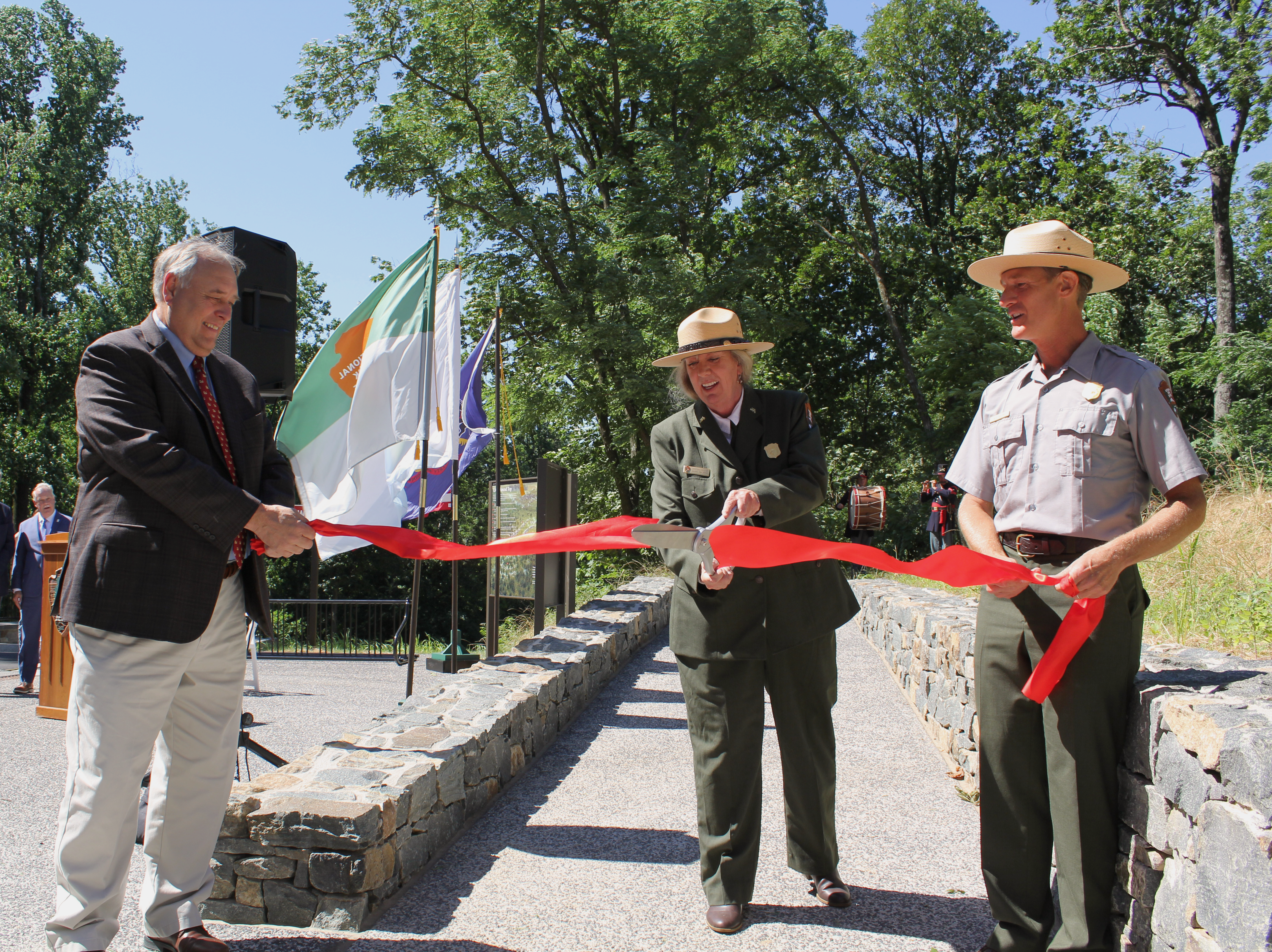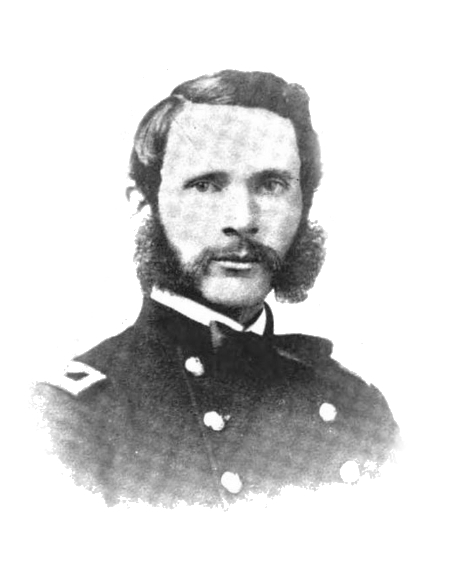Culps Hill at the extreme right flank had a similar attack with a bayonet charge to counterattack. Chamberlain lived long enough to write his story.
My ancestors were there....33rd Virginia Inf..
Gettysburg
Within 15 days, the 33rd had crossed the Potomac and were encamped around
Chambersburg when the order came for the Second Corps to converge on the Pennsylvania town of
Gettysburg. Arriving late in the evening of 1 July, the brigade spent much of the second day skirmishing on the far Confederate left. It would not be until the next day that the 33rd would see real fighting. At 3:00 a.m. on the morning of the 3rd, the regiment was aroused and marched off with the rest of the brigade towards the enemy position atop
Culp's Hill. After daybreak, the regiment advanced in line of battle towards the enemy who was "strongly intrenched in a most advantageous position." The regiment advanced up the slopes of the hill advancing "in intervals" as the men took cover behind rocks and trees as they advanced. Although the regiment exhausted its ammunition within an hour or two, at least part of the 33rd remained engaged for almost five hours, as partial supplies were received upon the field. During this portion of the fighting, Captain Bedinger of the Emerald Guard was killed while advancing towards the enemy. Captain Golladay, in temporary command of the regiment after the battle would write that Bedinger's body had fallen perhaps the closest to the enemy's lines.
Sometime around noon, the regiment was withdrawn from the slopes, reorganized and replenished with ammunition. The regiment was then moved several hundred yards to the right, and another advance was made upon the enemy. The fighting was intense and lasted only a half-hour or so before the regiment was withdrawn again and marched to the rear for a short rest until mid-afternoon. Again, the regiment was aroused, reequipped and marched to a position farther to the right of the line. From this time until nightfall, the regiment was only engaged in skirmishing after which the day's survivors quietly retired. Upon the field were left many whom Golladay considered the "flower of the regiment." Twenty-three percent of the 236 men who fought at Gettysburg were killed, wounded, or missing.
On 3 July, the Stonewall Brigade lost one of its former commanders,
Richard B. Garnett, who was killed during the infamous '
Pickett's Charge,' possibly due to an injured leg that caused him to ride a horse into the battle.
As Lee began his long retreat in the rain on 4 July and 5, several members of company E and H, some of whom had been wounded two days before, were captured at Waterloo, Chambersburg, and South Mountain. By the time the 33rd had re-crossed the Potomac and moved into camp around Orange Court House, the regiment numbered only 90 men. With the death of George Bedinger and the only Lieutenant, Patrick Maxwell, absent sick, Captain D. B. Huffman of Co. G, 33rd Virginia Infantry assumed temporary responsibility for the shattered Emerald Guard. On 31 August 1863, the 33rd was again mustered to be paid.

 en.wikipedia.org
en.wikipedia.org



